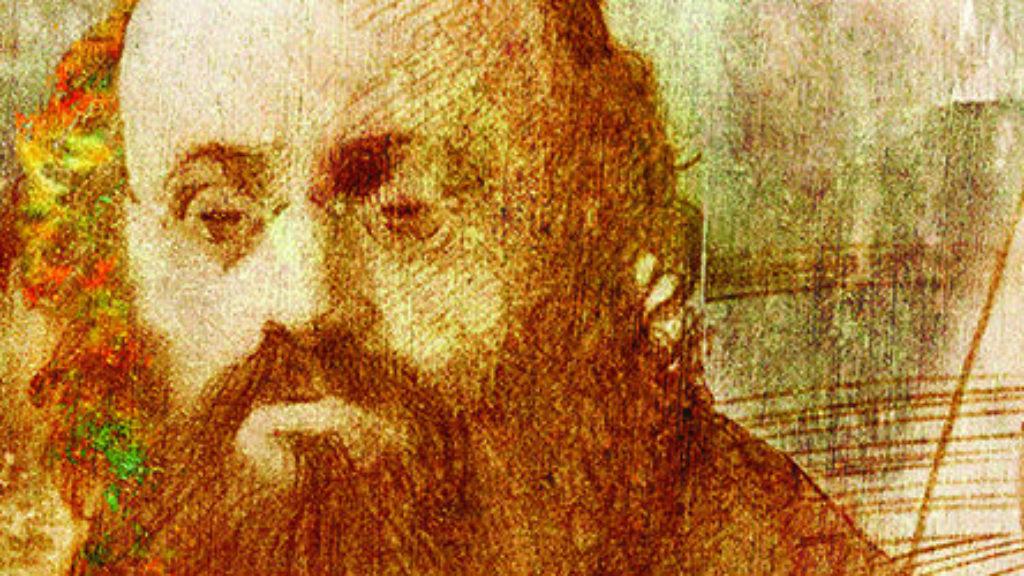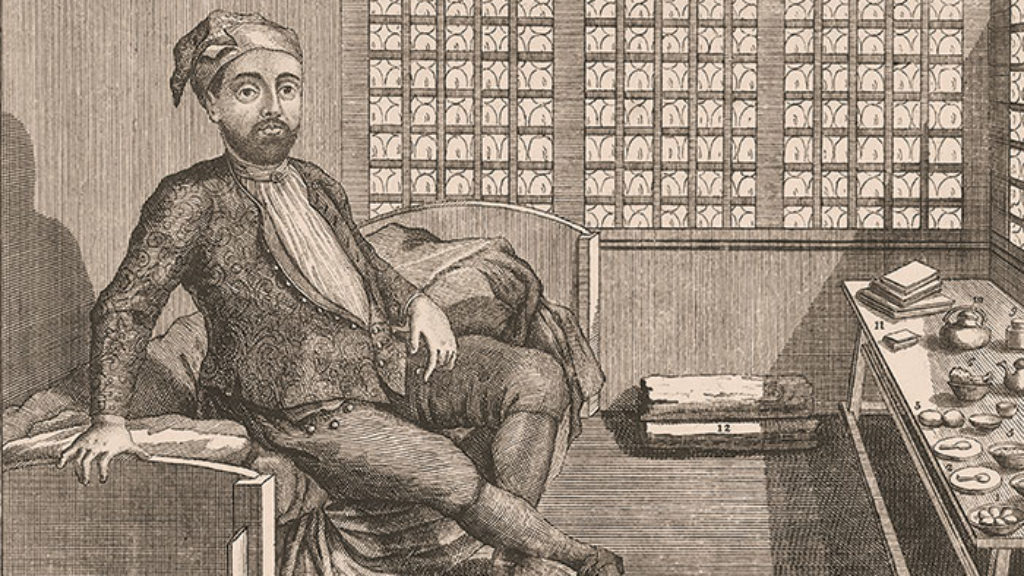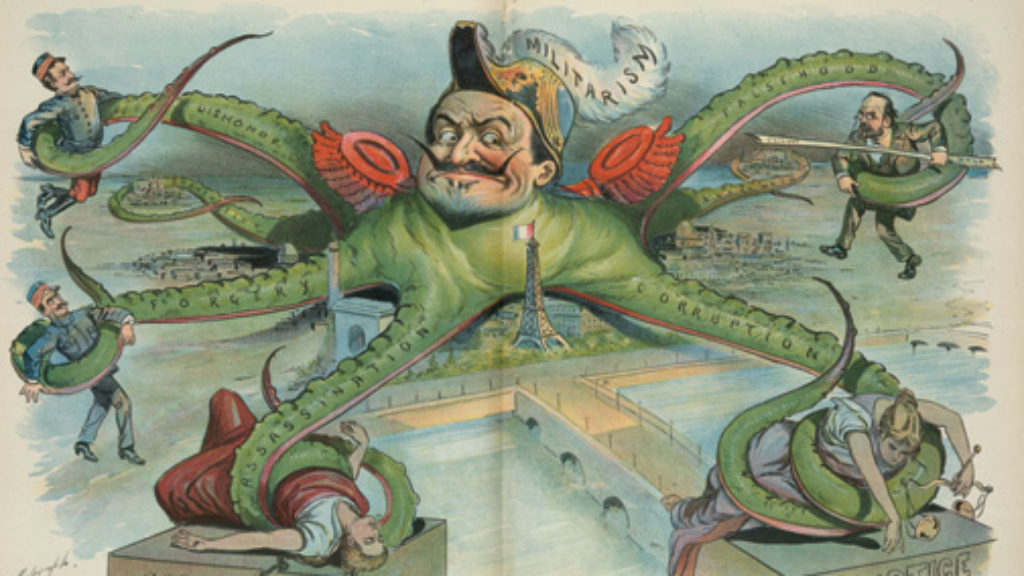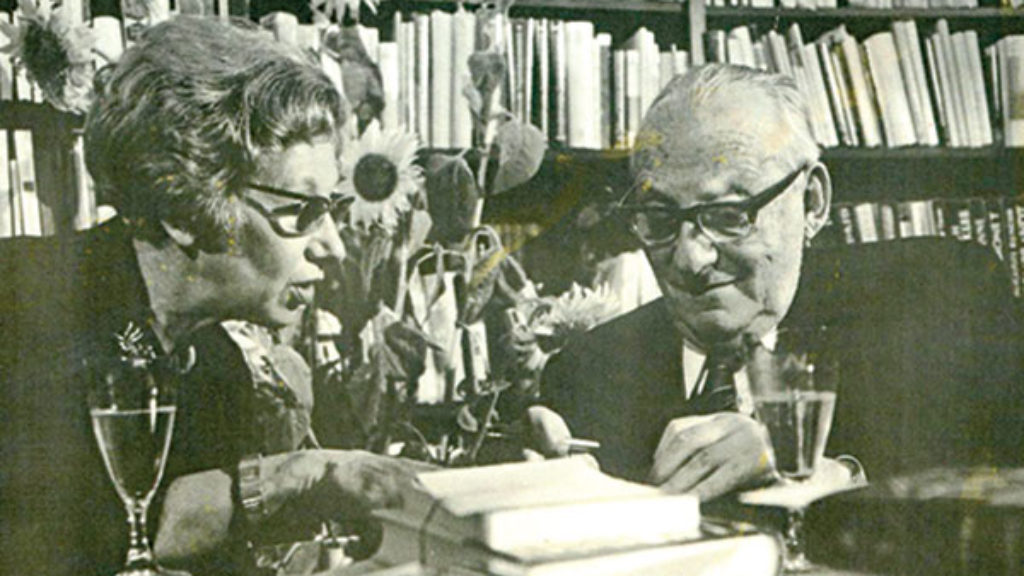Letters, Fall 2015
Anti-Semitic Spelling?
The Soviet Union did not create an “anti-Semitic . . . orthography for Yiddish,” as Dara Horn claims (“Playing the Fool,” Summer 2015). Yiddish expert Hillel Halkin, citing the British scholar Gennady Estraikh, wrote:
though a comprehensive Yiddish spelling reform was never put into widespread practice anywhere in Eastern Europe before the Bolshevik Revolution, nearly all of its principles had been proposed in czarist times by various Yiddish scholars and intellectuals, many of them not communists at all; a few, in fact, such as Marxist theoretician and Yiddish linguist Ber Borochov, were even Zionists. As early as 1908, at the famously controversial first Yiddish Language Conference in Czernowitz, the conference’s initiator, Nathan Birnbaum, came out in favor of “Yiddishizing” the language’s Hebrew component. Birnbaum made the same case as did the later Soviet spelling reformers —namely, that the average Yiddish speaker who knew no Hebrew was at a disadvantage when having to read or write Hebrew-derived words in which the traditional spelling had persisted under the influence of the rabbinic establishment and its allies.
Scoring anti-Soviet points is no substitute for good research.
Bennett Muraskin
Parsippany, NJ
Dara Horn Responds:
I thank Bennett Muraskin for providing, via Hillel Halkin, a more thorough backstory for Soviet-Yiddish spelling than I was able to supply in an essay on another topic and for correcting my simplification of this very complex subject. The history of Yiddish spelling is in fact even more complex and fraught than these facts suggest, as I described in a piece on this subject for The New York Times in 2013. While it is absolutely true that many of these spelling reforms were proposed prior to the Soviet regime by Jews with no connection to it, I find it enormously misleading to ignore the elephant in the room, which is that it was only in the Soviet Union (and in publications supported by the Soviet Union) that this new “simplified” spelling took root. The arguments made in Czernowitz—specifically, that Semitic-origin words would be inscrutable to “the average Yiddish speaker who knew no Hebrew”—presupposed the existence of a planet with a critical mass of Yiddish speakers (that is, Jews sufficiently immersed in Jewish life to speak a Jewish language) who “knew no Hebrew” (suggesting not merely a lack of fluency, but an inability to even recognize a word like “Shabbat”). In 1908 people could afford to dream about what Jewish identity in Europe might become, but in 2015 we can only do that by lying to ourselves. No planet with a critical mass of “average Yiddish speakers who know no Hebrew”—that is, Jews who are native speakers of Yiddish but who have magically been cleansed of even the most elementary exposure to Judaism—has ever existed. Though Muraskin is correct that there was no shortage of Jews who longed for such a planet, the credit for the accomplishment of actually implementing this literally anti-Semitic spelling must be awarded to the Soviets. For them, this accomplishment served the larger goal of destroying Jewish civilization from within, starting with the achievement of eliminating letters and culminating with the achievement of eliminating actual Jews. There is no need to score additional “anti-Soviet points,” as Muraskin puts it. The Soviets earned them fair and square.
Render Unto Caesar
Peter Berger’s intriguing review of The Paradox of Liberation: Secular Revolutions and Religious Counterrevolutions by Michael Walzer (“Paradox or Pluralism?”) in the Summer 2015 issue ended with consideration of the Risorgimento in the 19th century, whose secularism has survived in Italy to this day. In contrasting it with post-independence countries studied by Walzer, Berger omits a salient fact: The Christian tradition includes the call to “Render unto Caesar the things that are Caesar’s, and unto God the things that are God’s.” The dominant religions of Algeria, India, and Israel are not seen today as having any such tradition. In the Jewish case, the principle of dina de-malkhuta dina is similar in original meaning to the phrase in the Gospels, but it has not been used this way in the sovereign Jewish state.
Yehudah B. Cohn
New York, NY
Implausible Etrog?
Deep in Elliott Horowitz’s essay on Bernard Berenson (“The Great Gaon of Italian Art,” Summer 2015) there is a story of Bernard Berenson growing etrogim in I Tatti and claiming that he exported them to Israel. Horowitz deems this implausible. However, there are some people who are uncomfortable using an etrog grown in Israel for Sukkot following shmitta years (such as this one), even if the etrog was handled properly. They therefore buy etrogim grown outside of Israel. Many people prefer to buy a Yanover etrog from Calabria, Italy every year, because there is a tradition that when God told Moses “and you shall take for you a pri eitz hadar,” messengers were sent on a cloud to bring etrogim from Calabria. In addition, there is a tradition that all Yanover etrogim are from pure (and not grafted) etrog trees.
Ben Rich
Norwalk, CT
Just-So Question
I am puzzled by Abraham Socher’s characterization of Plato’s position in his wonderful article (“How the Baby Got Its Philtrum,” Summer 2015). In Meno, Plato explicitly places in the mouth of Socrates the notion that knowledge is recollection. Knowledge of geometry is “reacquired” by an ignorant slave through his questions. When I studied the dialogue in college over four decades ago, I experienced the shock of recognition that accompanies the discovery of such a strong parallel.
Ozer Glickman
via jewishreviewofbooks.com
Abraham Socher Responds:
I thank Mr. Glickman for his generous compliment, though he has misread me on Plato, who does indeed put forward the theory of knowledge as recollection in the Meno and elsewhere. The classical rabbinic texts, as I wrote, do not explicitly endorse such a theory, though they come close. At the end of Rav Simlai’s drasha about the life of the embryo (Niddah 30b), an angel comes and slaps it on the mouth, making it forget all the Torah it has learned in utero. But the epistemological moral that therefore all knowledge, or at least all Torah knowledge, is really a recovery of lost memories is not (quite) drawn here. The Talmud’s interests seem to be elsewhere. Rav Soloveitchik and others notwithstanding, I do not find anyone really making the Platonic point until such early modern figures as the famous Maharal of Prague, whom I mentioned, or Rabbi Meir ibn Gabbai, whom I didn’t.
What I still have not found is when Rav Simlai’s drasha turned into the just-so story Humphrey Bogart repeats in Key Largo. There, the angel does not slap the child’s mouth but rather touches the center of its upper lip, creating that hollow—or philtrum—we all possess; a tiny indentation commemorating infinite loss. Ruth R. Wisse and others have reminded me that is presupposed by Itzik Manger’s famous story, Yitzhak Melamed urges me to read the “Yenuka” story of Yehoshua Bar-Hillel, and the extraordinary historian known on the web as Mississippi Fred McDowell pointed me to a March 6, 1935 column in The Jewish Chronicle. But all of these clearly presuppose an earlier transformation. I should add that a comment left on the JRB website by “merlothemagnificent” led me to a learned blog called Bein Din Le-din, in which, on May 11, 2014, the blogger Yitzhak runs through virtually all of the same sources as I did and comes to the conclusion that the first documented source of this version is Key Largo! Though that doesn’t turn out to be (quite) right, if I had seen the blog, I never would have written the essay, so I’m glad that I didn’t. In short, my offer of a free one-year subscription to whoever produces the earliest version of the just-so story that explicitly describes the angel’s indenting, amnesia-producing touch still stands.
Suggested Reading

Hasidic Renewal on the Brink of Destruction
Kalonymus Kalman Shapira, a Hasidic communal leader, and Hillel Zeitlin, a writer who sought to bring Yiddish religious books to a new audience, met on the page, and almost certainly in the Warsaw Ghetto.

Joseph the Righteous
But on the very night in 1737 that Joseph Süss Oppenheimer’s patron suddenly passed away, he, “his servants, and many other court officials were arrested, and soon a special inquisition committee was convened in order to investigate the court Jew’s ‘atrocious crimes.’”

An Affair as We Don’t Know It
Harris retells the “Dreyfus Affair” from Lieutenant-Colonel Marie-Georges Picquart’s point of view, dramatically reconstructing how he zeroed in on the true culprit.

Lost from the Start: Kafka on Spinoza Street
Jerusalem-based writer Benjamin Balint has crafted a wise and eloquent study of Kafka around the eight-year battle in Israeli courts over Max Brod’s literary estate.
Comments
You must log in to comment Log In